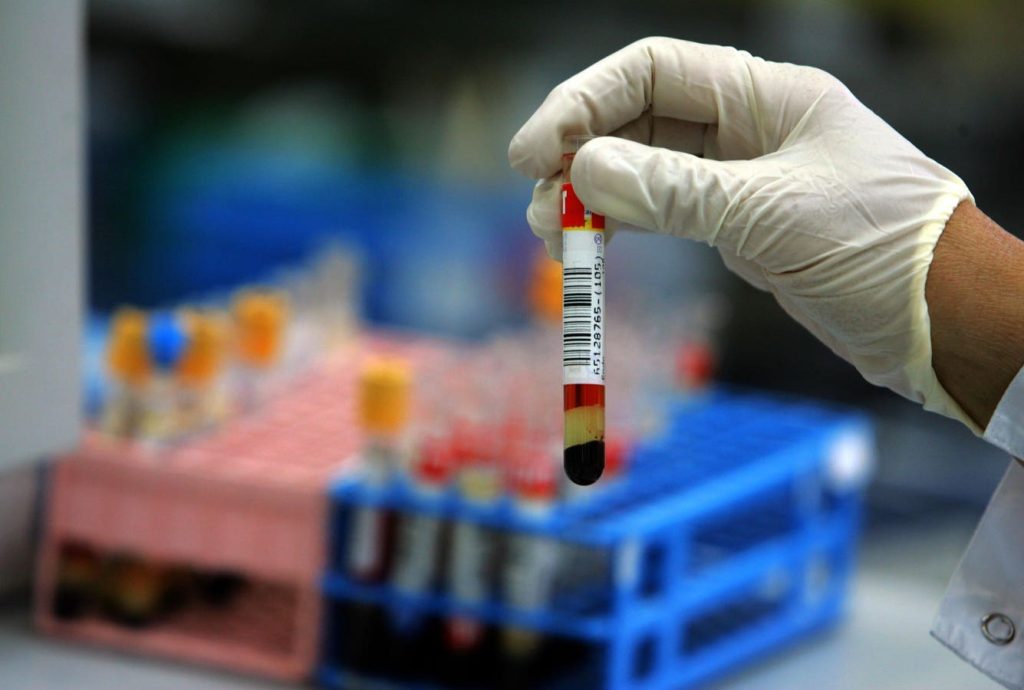Alzheimer’s disease is known for being difficult to diagnose, as it comes on gradually and initially has no physical symptoms. Doctors typically rely on the patient’s reported memory problems, family observations, and examinations by neurologists before making a diagnosis. However, a definitive diagnosis can only be confirmed through a post-mortem brain exam, making the process challenging and costly. PET scans and neuropsychological testing are commonly used, but they may not always lead to a clear diagnosis.
The cost of diagnosis for Alzheimer’s disease can be high, as Medicare may not cover expensive procedures such as PET scans. A visit to a neurologist or neuropsychologist for further examination and testing can also cost patients thousands of dollars. Currently, there is no widely used blood test for diagnosing the disease, but recent advancements have introduced a new blood test that shows promising accuracy. This blood test measures specific biomarkers in the blood that reflect protein deposits in the brain associated with Alzheimer’s disease.
With over 6 million people diagnosed with Alzheimer’s in the U.S. alone, the need for early and accurate diagnosis is crucial. Families often seek professional advice and guidance for dementia-related issues, as planning for future care can be overwhelming and costly. Early diagnosis can help families make necessary financial and legal arrangements, as the loss of financial judgment is inevitable with Alzheimer’s disease. However, misdiagnosis is common, highlighting the need for more accurate diagnostic tools such as the new blood test.
The Washington Post reports that the new blood test for Alzheimer’s disease has shown to be 90% accurate, surpassing the accuracy rates of dementia specialists and primary care doctors. This advancement in diagnostic technology could greatly benefit vulnerable individuals at risk for Alzheimer’s disease. While the availability and coverage of the blood test by Medicare remain uncertain, the potential benefits it offers in early diagnosis and treatment are significant. In the meantime, individuals experiencing memory loss that interferes with daily life should seek a comprehensive evaluation for the disease.
As the number of Alzheimer’s diagnoses in the U.S. continues to grow, the need for accurate and accessible diagnostic tools becomes increasingly important. The new blood test offers hope for improving the early detection of the disease, leading to better care planning and outcomes for individuals and their families. While traditional diagnostic methods remain in use, the potential impact of the blood test on Alzheimer’s diagnosis and treatment is a promising development for the future of dementia care.















